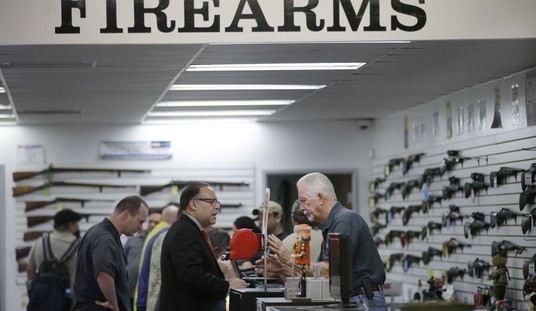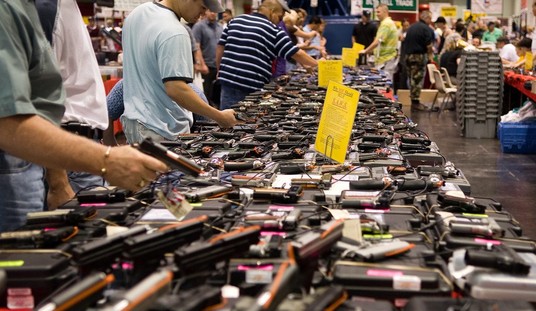A Washington, DC. law called the Youth Rehabilitation Act has been allowing shorter sentences for some crimes, even expunging some criminal records altogether. But a Washington Post investigation found that what was started as a way to deter career criminals has become an opportunity for violent offenders to get a second chance at crime.
In dozens of cases, DC judges were able to hand down Youth Act sentences shorter than those called for under mandatory minimum laws designed to deter armed robberies and other violent crimes. The criminals have often repaid that leniency by escalating their crimes of violence upon release.
The law was enacted thirty years ago during former DC Mayor Marion Barry’s administration as an attempt to protect African American youths ‘from the stigma of lengthy prison sentences’. It gives judges the discretion in sentencing
“In considering whether to sentence a young person under the Youth Act, generally judges are aware that a felony conviction can create lifelong obstacles to becoming a good and productive citizen,” wrote Lynn Leibovitz and Milton Lee, who are, respectively, the presiding judge and deputy presiding judge of the criminal division of the D.C. Superior Court.
“It is important to note that a sentence under the Youth Act gives the defendant this opportunity, not a guarantee, to get the benefit of a set aside of the conviction — it is still up to the defendant to perform during his or her sentence and to apply to the court or the Parole Commission to receive the benefit of the Youth Act. If the offender does not perform well, the conviction remains on his or her record.”

“We have a value in this city that youthful offenders should be rehabilitated,” said D.C. Mayor Muriel E. Bowser. “But I don’t think anybody expects leniency for violent criminals.”
Among WaPost’s findings:
• At least 136 Youth Act sentences were given to young offenders convicted of armed robbery since 2010.
• At least 750 offenders have been sentenced multiple times under the Youth Act in the past decade. More than 200 of those were sentenced for multiple violent or weapons offenses.
• Judges have given roughly 2,300 Youth Act sentences to young offenders for weapons offenses or crimes of violence since 2010. On average, the offenders have received about 60 percent of the prison time of non-Youth Act offenders who had comparable criminal histories and had committed similar crimes.
The stories shared with the investigation are disturbing.
After committing at least a dozen robberies, 18-year-old Tavon Pinkney was finally arrested after stealing a man’s iPad and charged with robbery.
“I wasn’t really worried,” Pinkney told WaPo from prison. “I knew they were going to let me off easy.”
Pinkney pleaded guilty to attempted robbery, and Judge Anita Josey-Herring suspended his sentence and gave him probation under the Youth Act.
“I will give him a Youth Act because I do, and it may be aspirational, believe that people should have an opportunity to change their lives,” she said.
But after his release, Pinkney continued his life of crime, and in 2015, just five months into his probation, Pinkney shot Rico Myers four times during a daytime PCP deal.
Christopher Proctor, Andre Dudley and a third person are charged in the August 2015 killing of Matthew Shlonsky, a 23-year-old American University graduate who was caught in crossfire near the Shaw Metro Station. Proctor had received two sentences under the Youth Act, including one for attempted theft in 2010. Dudley had received three sentences under the Youth Act, including one in 2014 for escaping from a youth detention facility.
Both have pleaded not guilty in the shooting of Shlonsky.
“The program isn’t working, because people are dying,” said Brendan Walsh, a fraternity brother of Shlonsky’s. “The government has some culpability in that.”
After 16-year-old Jermaine Hailes was arrested after attempting to rob a 64-year-old woman walking with a cane, Judge Harold Cushenberry cited the Youth Act and sentenced him to only three years in prison, two years less than the mandatory minimum. After his release from prison, Hailes shot 27-year-old Melvin Pate in the face in 2010 during an armed robbery.
In a city whose homicide rate rose 54 percent last year, catering to criminals while restricting law-abiding citizens’ right to keep and bear arms is insane and only serves to make good people defenseless when crime crawls into their neighborhood.
This report only serves to prove that.








Join the conversation as a VIP Member